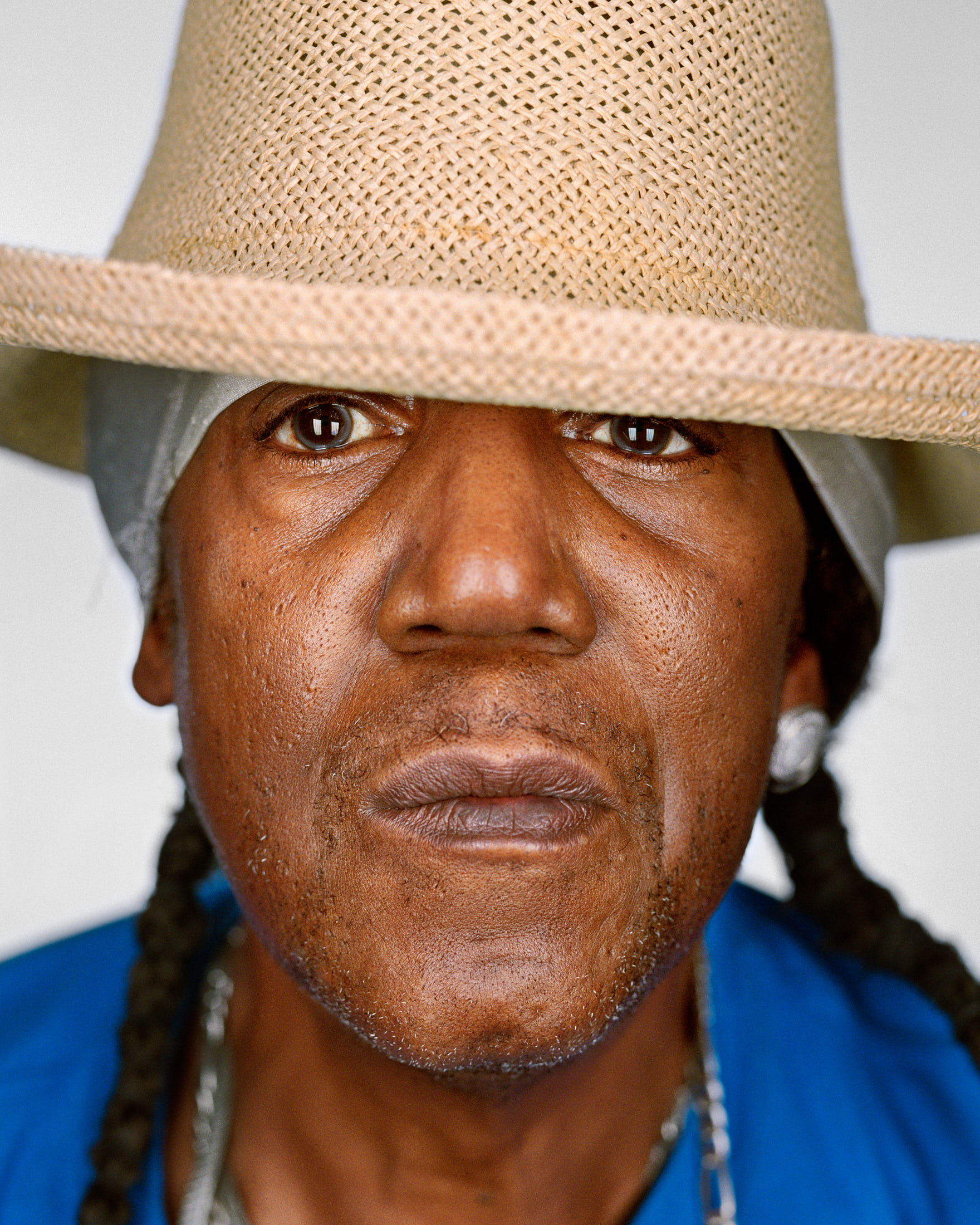
Derrick Jamison
Derrick Jamison spent twenty years on death row for a crime he did not commit.
“The worst day of my life on death row was December the 9th, 1997, so that’s around Christmas time. I was sitting on my bed on death row listening to Christmas music singing and making the best of a bad situation. And I look up and I see all these guards. And the guards in the back, they know me, and they are crying. That morning they came and told me that my mom had passed away. I’m sitting on my bed waiting on my mom to come visit. They are taking my mom to the morgue. That still hurts to this day man, you know. The death penalty didn’t kill me, but it killed my mom and my dad. I got sent to die on October the 25th. I walked off of death row October the 25th, twenty years later. The homicide detectives and the prosecutor withheld 35 pieces of evidence. They withheld 35 pieces of evidence that pointed to everybody but me. I had six stays of execution while I was on death row. They came to kill me six times, man.”
Derrick is now a Peer Specialist for Witness to Innocence, supporting his fellow exonerated death row survivors as they navigate life after exoneration and continue their fight for abolition.
Derrick’s parents and other loved ones died in the decades he was on death row. Despite his ordeal, he believes all people are capable of change. He grieved for the 18 people executed during his incarceration and worried about those who had no friends or family visiting. Derrick was scheduled to be executed six times but received a stay each time. The last stay came just 90 minutes before he was to be executed. Finally, all charges against Derrick were dismissed. “I got sentenced to die October the 25th of 1985 and that became the worst day of my life. I walked out death row October 25th, 2005. So, the worst day of my life also became the best day of my life.”
Derrick lives in Florida where he expresses gratitude daily for his release and works along with his fellow death-row exonerees to advocate for reform of the cruel and flawed criminal justice system. Of this work, Derrick says, “saving human lives is the most important thing I can do on this earth. …The death penalty destroys people—it makes more and more victims.”
“The worst day of my life on death row was December the 9th, 1997, so that’s around Christmas time. I was sitting on my bed on death row listening to Christmas music singing and making the best of a bad situation. And I look up and I see all these guards. And the guards in the back, they know me, and they are crying. That morning they came and told me that my mom had passed away. I’m sitting on my bed waiting on my mom to come visit. They are taking my mom to the morgue. That still hurts to this day man, you know. The death penalty didn’t kill me, but it killed my mom and my dad. I got sent to die on October the 25th. I walked off of death row October the 25th, twenty years later. The homicide detectives and the prosecutor withheld 35 pieces of evidence. They withheld 35 pieces of evidence that pointed to everybody but me. I had six stays of execution while I was on death row. They came to kill me six times, man.”
Derrick is now a Peer Specialist for Witness to Innocence, supporting his fellow exonerated death row survivors as they navigate life after exoneration and continue their fight for abolition.
Derrick’s parents and other loved ones died in the decades he was on death row. Despite his ordeal, he believes all people are capable of change. He grieved for the 18 people executed during his incarceration and worried about those who had no friends or family visiting. Derrick was scheduled to be executed six times but received a stay each time. The last stay came just 90 minutes before he was to be executed. Finally, all charges against Derrick were dismissed. “I got sentenced to die October the 25th of 1985 and that became the worst day of my life. I walked out death row October 25th, 2005. So, the worst day of my life also became the best day of my life.”
Derrick lives in Florida where he expresses gratitude daily for his release and works along with his fellow death-row exonerees to advocate for reform of the cruel and flawed criminal justice system. Of this work, Derrick says, “saving human lives is the most important thing I can do on this earth. …The death penalty destroys people—it makes more and more victims.”
